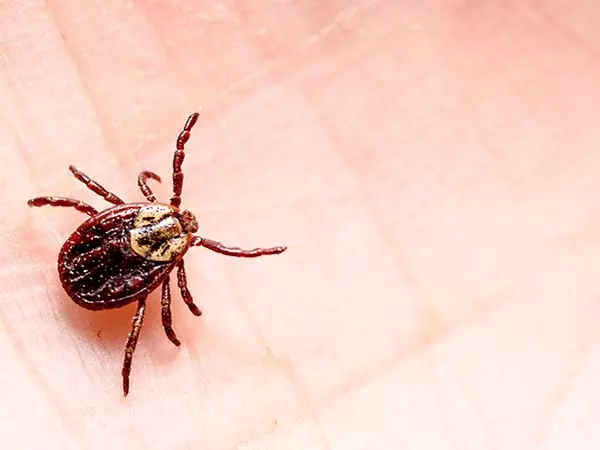
Removing ticks: The right way and the wrong way
Tick season is here! While most tick bites are harmless, some ticks can carry diseases, such as Lyme disease. Knowing what steps to take following a tick bite can reduce your risk of infection.
Remove the embedded tick as soon as possible. The longer a tick is attached, the higher the risk of transmitting tick-borne illnesses.
Follow these steps:
- Gently pull the tick out with tweezers by grasping its head as close to the skin as possible.
- If the head remains, try to remove with a sterile needle.
- Wash the bite site with soap and water. Rubbing alcohol may be used to disinfect the area.
- Apply an ice pack to reduce pain.
Avoid the following:
- Do not grab the tick at the rear of the body
- Do not twist or jerk tick while pulling it out
- Do not use alternative methods to remove it; such as fingernail polish, alcohol, petroleum products, or a hot match.
Identify the tick. Take note of the size and color of the tick, whether it was attached to the skin (ticks must bite you to spread their germs), if it was engorged (full of blood) and about how long it was attached. A healthcare provider may ask you these questions if you begin to experience symptoms.
Watch for symptoms. If signs of infection, rash or flu-like symptoms occur within 30 days of the tick bite, seek medical attention.
Remember, a tick that is crawling on you but has not attached to your skin cannot infect you. However, if you find one tick, there could be more. Check your body carefully. Prevention is the best medicine.
If you have questions regarding tick bites or bug bites, contact our 24/7 Nurse Advisor Line at (608) 775-4454.
Related articles

Emplify Health by Bellin & Gundersen 2025 Wellness Draft

This new minimally invasive heart procedure is already saving lives

Surviving norovirus and how to recover quickly

How to stay active in the winter